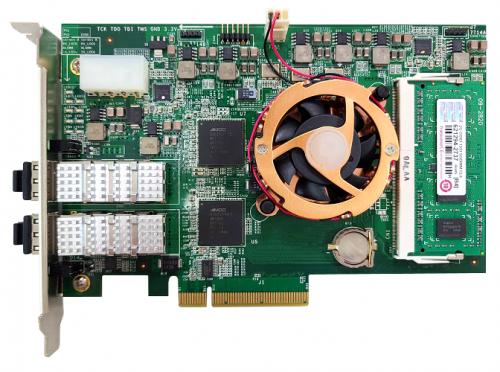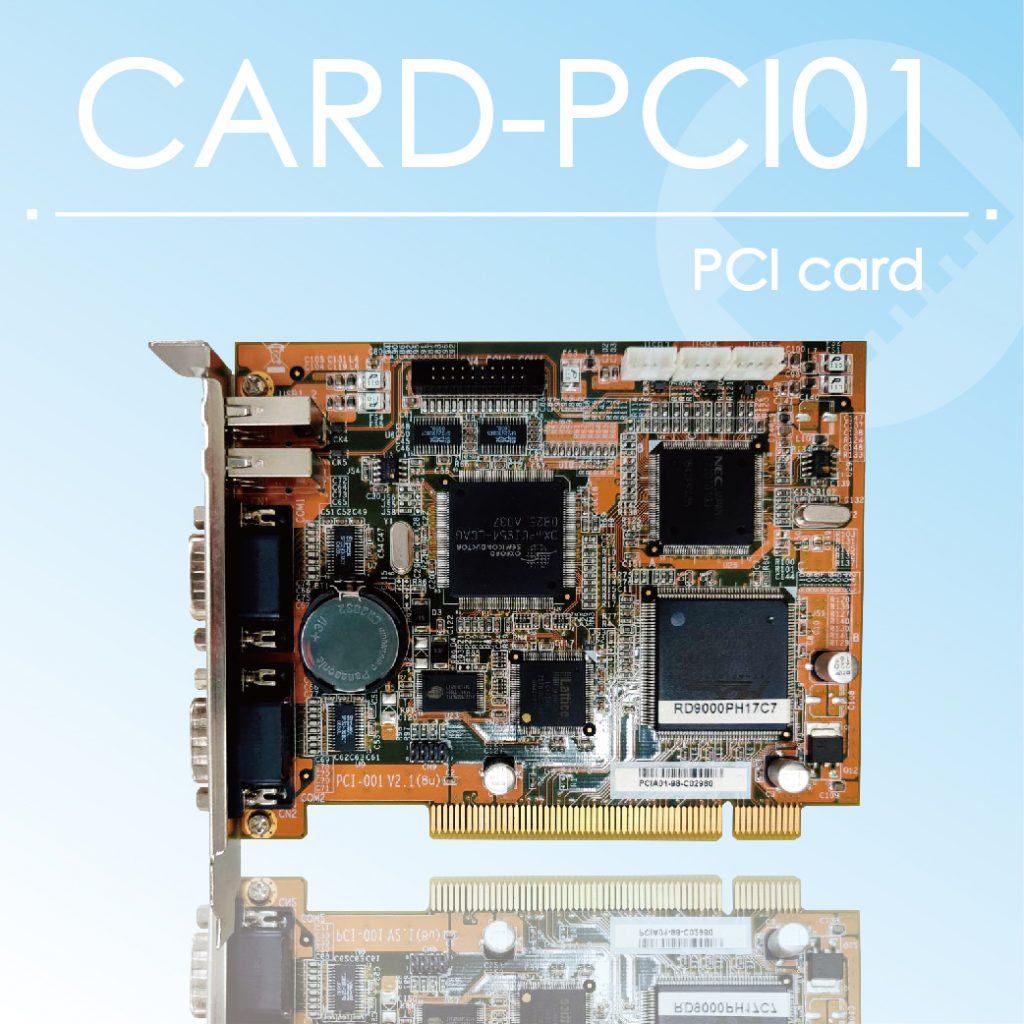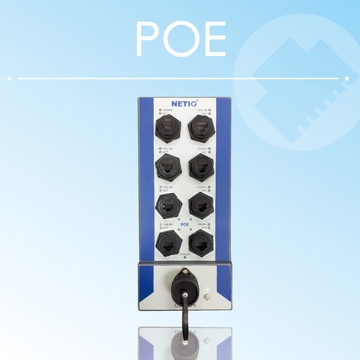CARD-PCIe1
PCIe Card

Features
Temperature 0 ~ 45° C
Vin +12V
PCI Express Lanes x8
Size: 110 x 68.8 mm
EMC CE/FCC Class A
Full height and half height options available
SPEC
| Model Name | CARD-PCIe1 | |
|---|---|---|
| Controller | Controller | xilinxVertex -7 |
| Physical Functions | 2 | |
| Virtual Functions | 64 | |
| Ethernet | PCI Express Lanes | x8 |
| Speed | Gen 3 |
|
| Port Number | 2 | |
| Ports | 10GbE SFP+ |
|
| Power | Voltage | +12V |
| Watts | 8.5W |
|
| Mechanical Design | Board Dimensions | 110 x 68.8 mm |
| Bracket | Full height and half height options available |
|
| Environment | Operating Humidity | 0 to 90% (non-condensing) |
| Operating Temperature | 0 ~ 45° C (32 ~ 113° F) |
|
| Performance | Storage | -40 ~ 65° C (-40 ~ 149° F) |
| Certification | EMC | CE/FCC Class A |
| Certification | CE,FCC |
|
| Compatibility (Processor architecture/Model) | Transceiver | Finisar FTLX8571D3BCL (10Gb/s 850nm Multimode SFP+ Transceiver) |
| OS version | Win7,Win10 |
|
Description
Since we both knew that 5G emphasizes high throughput and low latency. To use 5G capability to the fullest needs a reliable hardware system, which supports the computer-intensive workload from the ground (physical layer).
PCIe is the most common interface standard for connecting high-speed components. Almost every motherboard for a computer or embedded system has a number of PCIe slots that product developers can use to add other cards, such as GPUs, RAID cards, Wi-Fi cards, or SSD cards, for expanding the device’s capabilities.
PCIe card refers to a popular network adapter design. It can achieve a series of point-to-point connections via switches to control where the data needs to go. There are four types of PCIe cards, which are of different physical sizes and lanes: x1, x4, x8, x16, and ultra-rare x32. In applications, each type provides different bandwidth. PCIe standards now are in the fifth generation. Normally it is recorded as PCIe 5.0 or PCIe Gen 5.
More Industrial System,

Netio Technologies
Your Best Design Partner !







